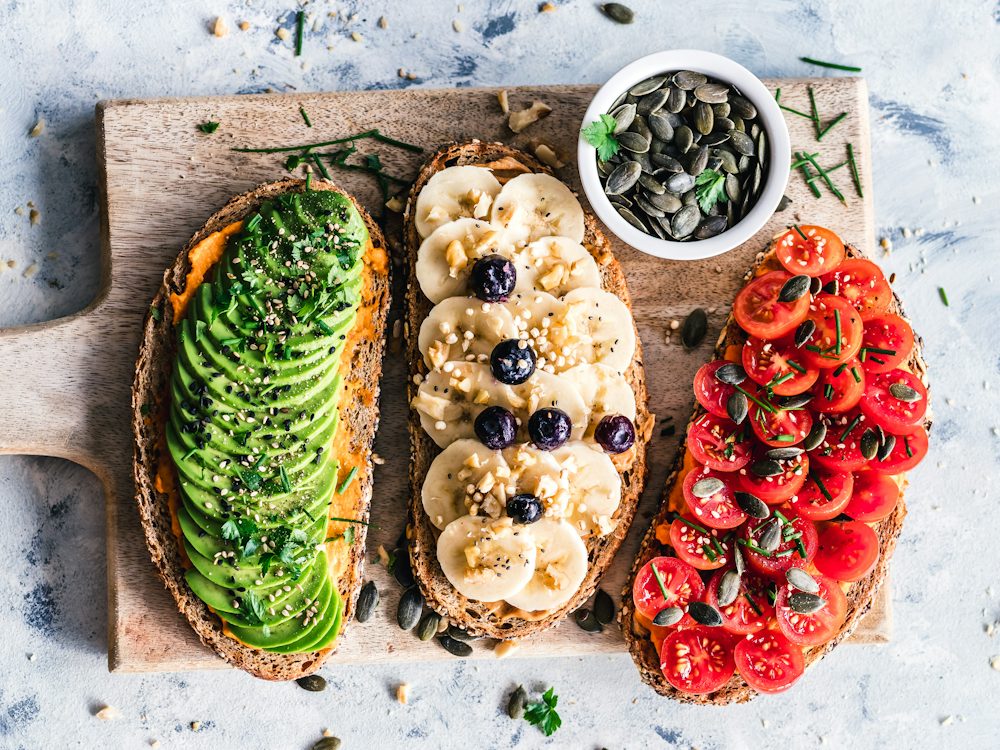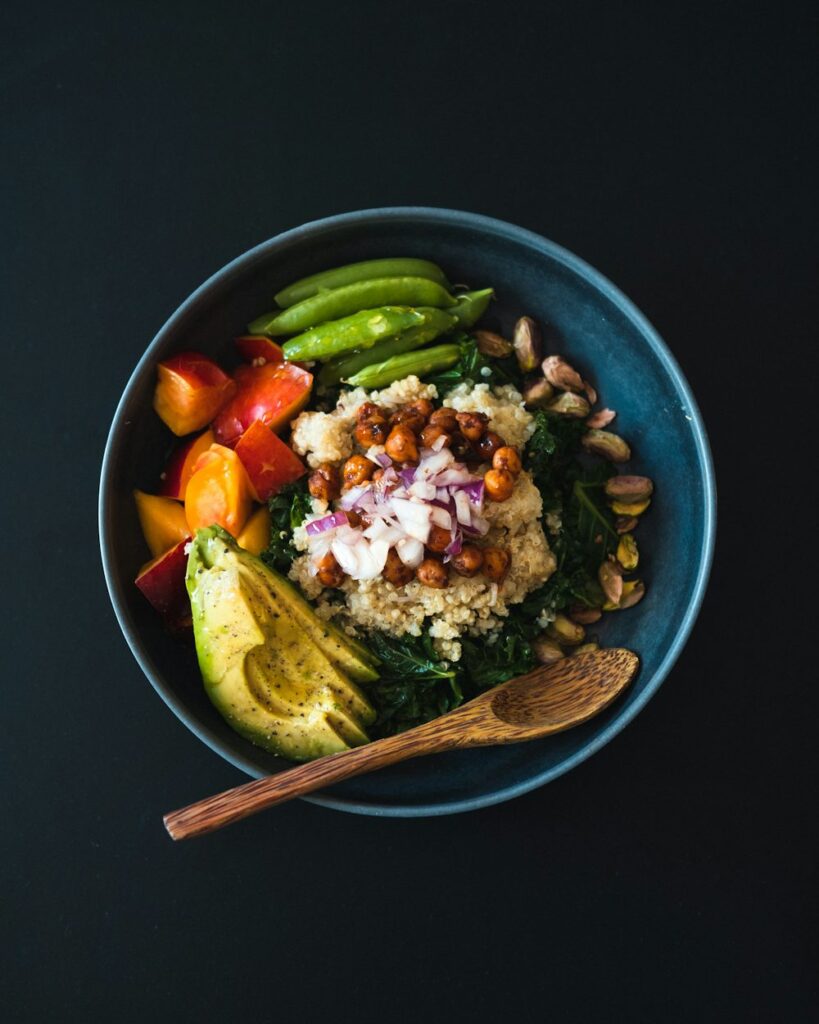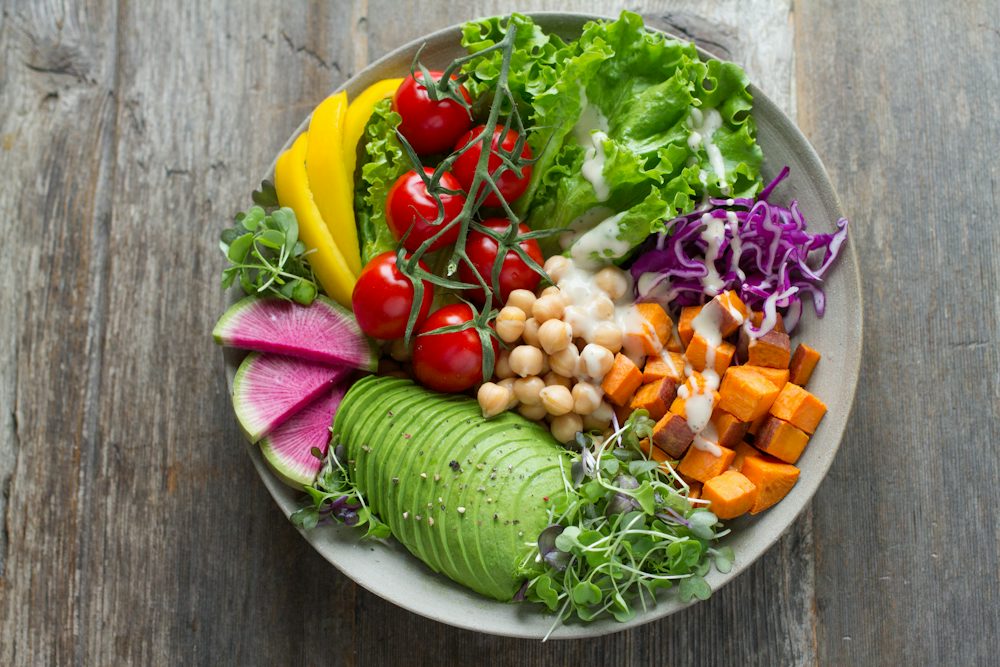The gluten-free lifestyle has gained considerable traction in recent years, with many individuals opting for this dietary choice due to health considerations or lifestyle preferences. Whether you have celiac disease, gluten sensitivity, or are simply looking to explore alternative dietary options, a gluten-free diet offers a pathway to improved well-being. This comprehensive guide aims to shed light on the principles, benefits, and practical tips for embracing a gluten-free lifestyle.
Understanding Gluten:
Gluten is a protein found in wheat, barley, rye, and their derivatives. For individuals with celiac disease or gluten sensitivity, the consumption of gluten can trigger adverse reactions, leading to digestive issues, inflammation, and other health concerns. Adopting a gluten-free diet involves eliminating these grains and choosing alternative ingredients that are naturally gluten-free.
Benefits of a Gluten-Free Diet:
1. Digestive Health:
Individuals with celiac disease or gluten sensitivity often experience digestive discomfort when gluten is consumed. By adhering to a gluten-free diet, these symptoms can be alleviated, promoting a healthier digestive system.
2. Improved Energy Levels:
Some individuals without diagnosed gluten-related conditions report increased energy levels and reduced fatigue after transitioning to a gluten-free diet. This could be attributed to improved nutrient absorption and a reduction in inflammation.
3. Weight Management:
A gluten-free diet can aid in weight management for some individuals, as it often involves choosing whole, nutrient-dense foods. However, it’s crucial to be mindful of potential pitfalls, such as relying on processed gluten-free products high in sugar and unhealthy fats.

4. Enhanced Nutrient Intake:
Embracing a gluten-free lifestyle encourages the consumption of a diverse range of naturally gluten-free whole foods, such as fruits, vegetables, lean proteins, and gluten-free grains. This can lead to a more balanced and nutrient-rich diet.
Practical Tips for a Gluten-Free Diet:
1. Read Labels Carefully:
When shopping for packaged foods, carefully read labels to identify gluten-containing ingredients. Gluten can hide in unexpected places, such as sauces, seasonings, and processed snacks.
2. Choose Naturally Gluten-Free Foods:
Focus on whole, unprocessed foods that are naturally gluten-free, such as fruits, vegetables, lean proteins, dairy, and gluten-free grains like quinoa, rice, and oats (ensure they are certified gluten-free).
3. Explore Gluten-Free Alternatives:
Experiment with gluten-free alternatives for baking and cooking, such as almond flour, coconut flour, or gluten-free flour blends. Many gluten-free products are available to make the transition easier.

4. Communicate Dietary Needs:
When dining out, communicate your dietary needs to restaurant staff. Many establishments are well-versed in catering to gluten-free requirements and can provide suitable options.
5. Be Cautious of Cross-Contamination:
Avoid cross-contamination by using separate kitchen utensils, cutting boards, and cooking surfaces for gluten-free foods. This is crucial, especially for individuals with celiac disease who are highly sensitive to even trace amounts of gluten.
Conclusion:
Embarking on a gluten-free journey requires knowledge, mindfulness, and a commitment to making informed dietary choices. Whether motivated by health concerns or a desire to explore alternative eating habits, a gluten-free diet can be a fulfilling and nourishing lifestyle. By understanding the principles, benefits, and practical tips outlined in this guide, individuals can confidently navigate the world of gluten-free living and embrace a diet that supports their overall well-being.

